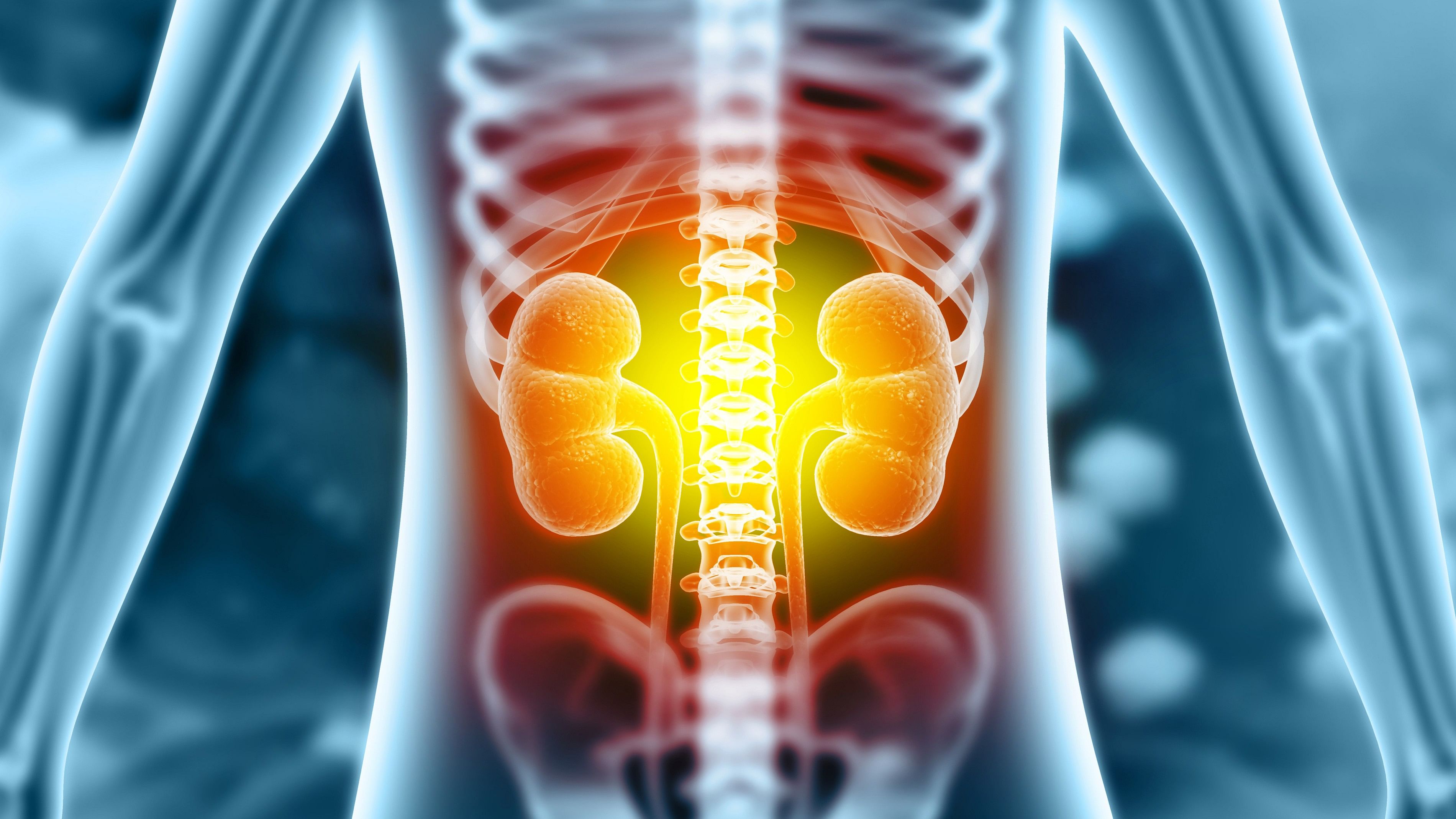
Representative image
Credit: iStock Photo
New Delhi: Nearly 28 per cent of Indian kidney patients undergoing dialysis die within 10 months, according to a new nation-wide study that flagged a doubling of the death rate when compared to similar patients from high income countries.
No doubt, people’s access to dialysis and the success rate of the procedure have enhanced over the last decade, but still there are critical gap areas that need to be plugged, says the first nationwide assessment of dialysis survival rates after examining over 23,000 patients.
“The study shows 71per cent of patients undergoing dialysis survive after 10 months and the survivability improves to 90 per cent at six months,” Vivekananda Jha, executive director at The George Institute for Global Health, India and one of the co-authors of the study told DH.
“Our dialysis population is relatively younger compared to that in the advanced western countries. If we compare survival amongst the western population in the same age group, the survival rate in India is a bit lower. More data are needed to understand the factors behind the difference in survival.”
Using data from patients who attended 193 centres of a private agency providing dialysis services in 20 states, the study provides India’s biggest analysis of dialysis outcome and provides vital clues on the roles played by other medical and non-medical factors.
Comparisons with findings from elsewhere reveal global inequities in dialysis outcomes. For instance, the 28 per cent mortality observed over 10 months in India is double of the 14 per cent of patients who died over 16 months in another study involving dialysis patients from high-income western countries and Japan.
India has amongst the highest number of patients receiving chronic dialysis globally - estimated at around 175,000 individuals in 2018. Even so, only around one third of patients who require such a therapy, actually receive it.
Carried out by researchers from the George Institute for Global Health in India and the UK, Manipal Academy of Higher Education and NephroPlus Dialysis Network, the study shows 90 per cent survival of dialysis patients in 180 days (ranging between 83 per cent to 97 per cent).
The mortality was 32 per cent higher in rural areas raising the possibility of dialysis centres in the countryside not having the regular service of a nephrologist or other specialist doctors to provide treatment in case of any complications post dialysis. There is also a chance of a section of the patients not getting adequate and right type of food.
Out of 23,601 patients included in the study, only 29 per cent were women giving rise to two possibilities – either Indian women have fewer access to dialysis facilities or the incidence of chronic kidney disease is less among women. In either way, this is a subject of a separate study, the researchers say.
The study reported an inverse relationship between mortality and dialysis vintage, with those receiving dialysis for at least a year prior to joining a centre having a 17 per cent lower rate of mortality than those who started dialysis less than 30 days before coming to a centre. Moreover, the presence of diabetes was associated with a higher mortality rate.
The findings come at a time when the Union Health Ministry is executing the Pradhan Mantri National Dialysis programme in 36 states and union territories for the BPL beneficiaries. As on June 30, 2023 close to 20 lakh such patients have availed the benefits.
“This is the largest study to date to investigate survival outcomes amongst patients receiving haemodialysis in India, both in terms of size and geographic scope. It provides information on the type of data that should be collected to comprehensively understand what factors influence survival on dialysis," said corresponding author Carinna Hockham from The George Institute for Global Health, UK.
The study has appeared in the Lancet.
